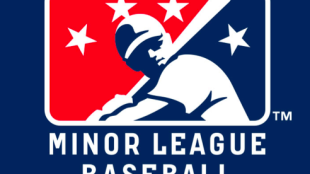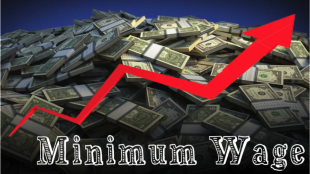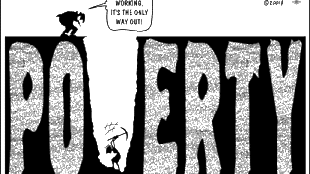Fair Play for Minor League Baseball
People are often quick to criticize professional athletes for the amount of money they make. And within the world of professional sports, baseball players often make more money than their peers in other professional sports. Some of the reasons for this, as some have pointed out, are that Major League Baseball (MLB) has no salary cap, the MLB has a strong players’ union, and sports agents wield a tremendous amount of power. Compared to other major American sports, Major League Baseball also cultivates talent in a unique way. In the National Basketball Association (NBA) and the National Football League (NFL), professional teams typically recruit players from college. In the National Hockey League (NHL), there are minor league teams, but there are numerous leagues, and individual teams do not have contractual control over all players on the team. In baseball, however, virtually the only way that a player reaches the MLB is by progressing through Minor League Baseball (MiLB). MLB teams typically exercise control over 3-5 MiLB teams, and the MiLB teams have contractual control over all of their players. This level of control has led to unequal bargaining power that teams have over their players, which has not only resulted [read more]




